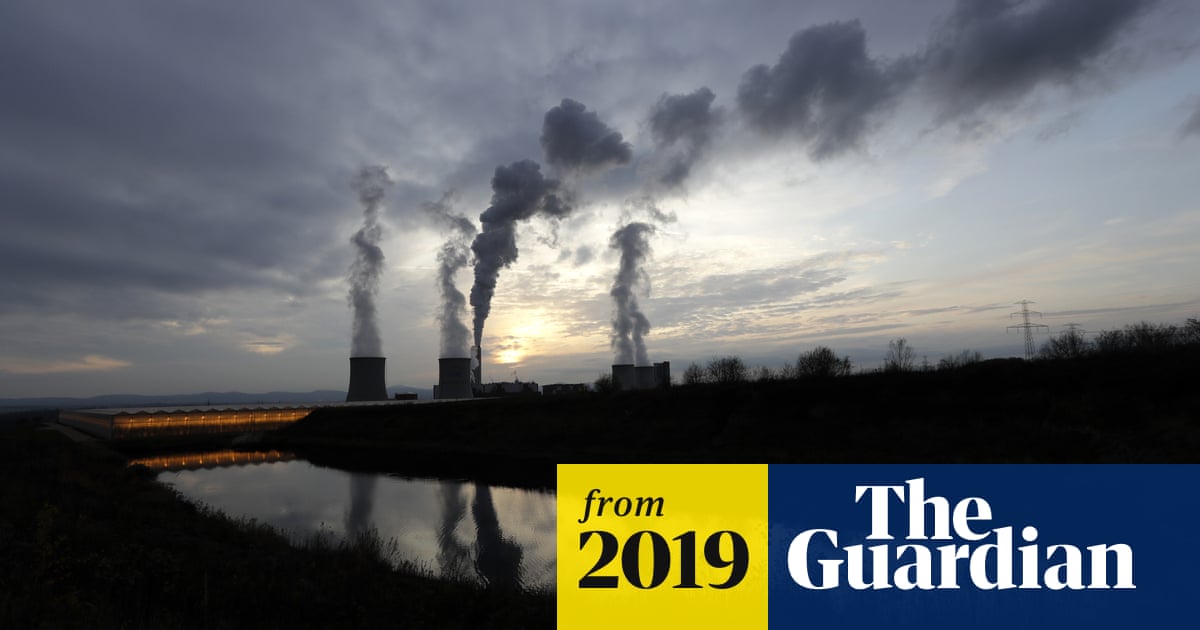So erm, is any of this proving if AGW is real or not? just curious (before mods step in)

AGW is real, and it's a symptom of a planet that is not sustainable. That far I think people tend to agree. Even among some deniers there seems to be some sort of consensus of things to come. What I've been trying to figure out is why they don't react and try to change things. My general understanding from reading some of the post in this thread and other, is that they imagine themselves strong enough to survive, while accepting that billions will die. You can discuss ethics and moral around that, but that is not my point. When I mention ethics, I write that it's still very much up for debate, and very subjective.
Economics and politics are built into the system we live in. Politics is one of those subjects that is difficult to demarcate, but generally politics is consider being the proces of making the laws that govern a certain group of people. I have absolutely no interest in that, as much as being a boss never rang my bell.
When I do system modelling of Earth and future scenarios I have to consider politics and human behavior. That is much more complicated and unpredictable than the biophysics. Also we tend to think that we can solve everything with politics, willpower and good intentions. That does not correspond to how things actually work. We are leading more and more CO2 into the atmosphere, even though IPCC is more than 30 years old. I think it's a very relevant question why we keep doing that? Likewise, figuring out whether that is going to change, leading to less AGW, is also relevant, unless we think we can talk the problems away.
To try and answer those questions you have to try to find the important factors driving the system. It does not matter anything to AGW if you wear a blue or a red shirt today, but economics has huge consequences, and whether the world leaders can agree on both the problem and the solution is also very important. I have my doubts about the latter.
However, I have during my work met argument upon argument against AGW and sustainability from economists, and since economics also has been a part of what I've been taught, it's not as incomprehensible to me as some here suggest. Contrarily I've "discovered" that value is an axiom of economics, and like the "rational consumer in the market", it seems to be a very shaky axiom. If we had a clear understanding about what value really is, then I'm pretty sure that someone would have answered my question. Value matters, not because of economics or politics, but because value is what we use when we decide something. You pick the most valuable option.
Today we use money in the form of different currencies. Money is said to represent value, because we all believe in it. Imagine trying to pay the person in the stone age with a piece of paper with numbers written upon it. Good luck with that. Instead you would, like Jason said, use barter. The example I started out with, with the apples, is commonly used in text books to explain the fundamentals of the supply and demand model in economics, the model that tells us the equilibrium price. I agree with economists that this model is true. Not in the linear form that is used from day to day, but with the demand curve expressed as f(x)=1/x, which you'll also find if you dig a little deeper in the books.
That model has been said not to be usable for macroeconomics, but that isn't always true. If we replace the apples with Coca Cola, and increase the price, people will start buying alternative products like Pepsi. This leads to what economists call price elasticity. However if we replace the apples with a nonrenewable resource, then price elasticity goes down the drain together with, say phosphorus. Also I raise an eyebrow towards any solution of AGW being argued against, using value and economics, typically saying that "we can't do that, because expensive". Before we all accept that, I think the debate about the definition of value is very relevant. I'm not the inventor of that idea. At least people like
Georgescu-Roegen was asking similar questions even before the Club of Rome.
We are in the situation we're in, because we're short sighted and somewhat ignorant. That is irrational if we also believe ourselves to be capable of taking good decisions. That is my point, and it doesn't have much to do with politics. I can tell you about the situation and possible solutions, but I have no intention of describing in words how we do it in practice.



